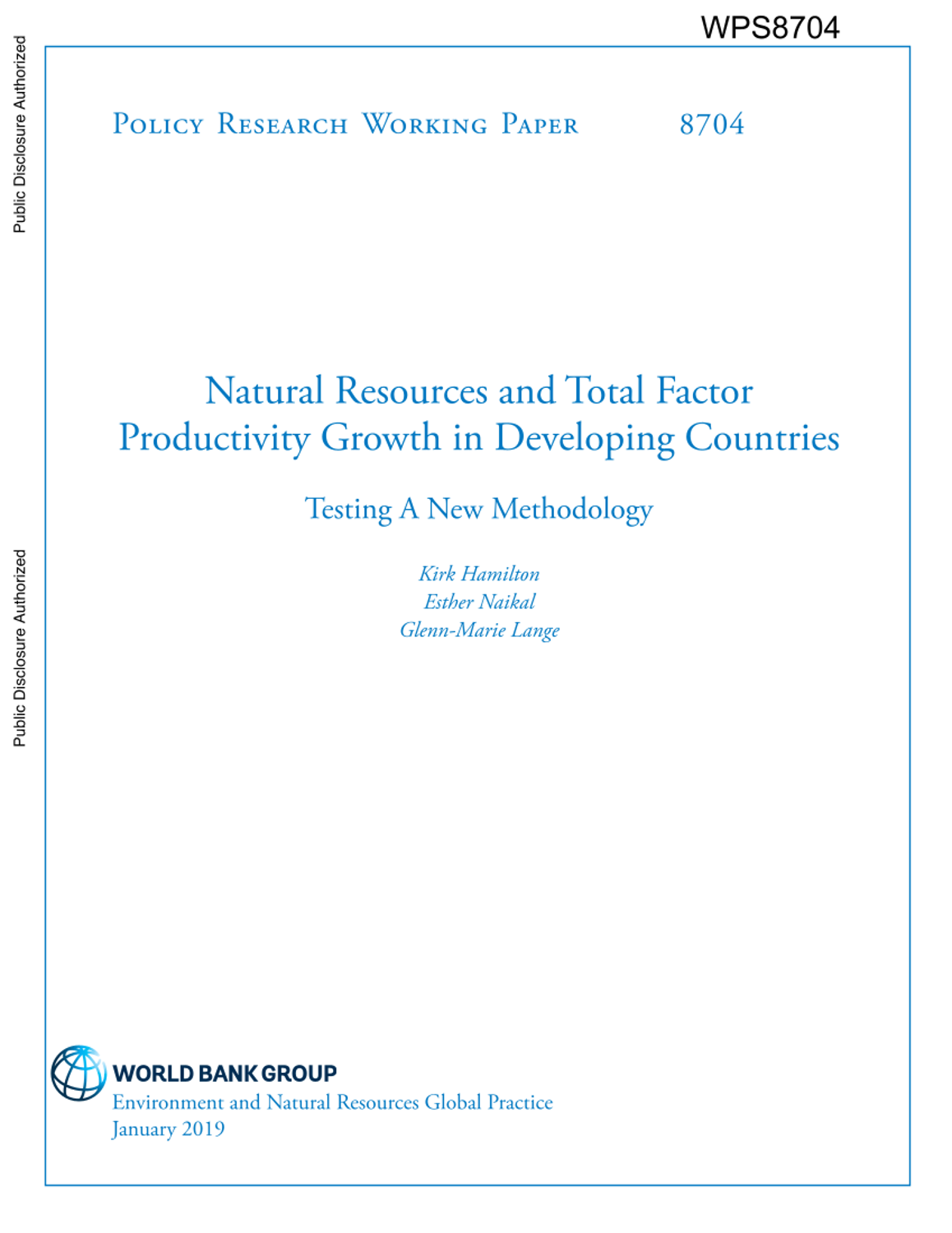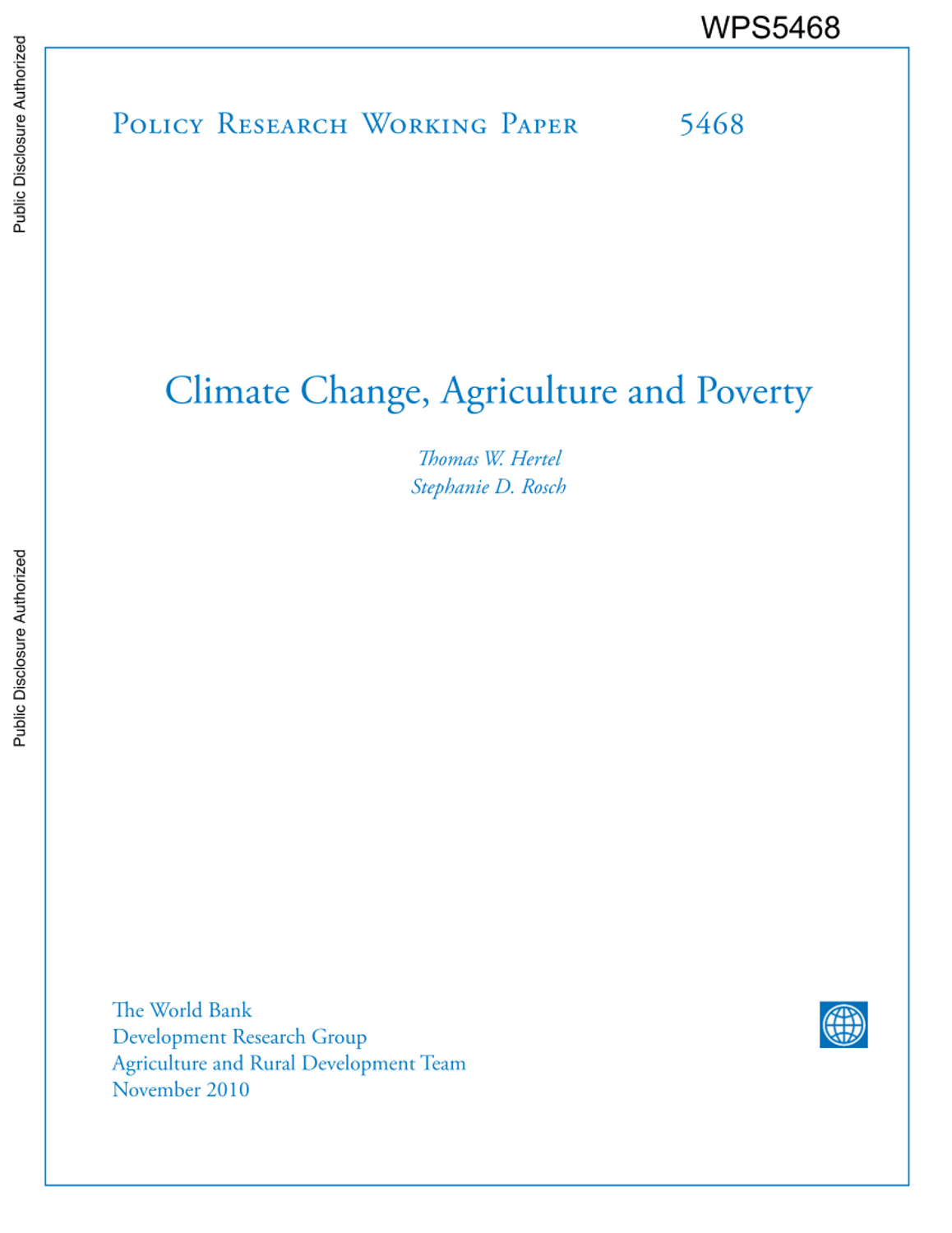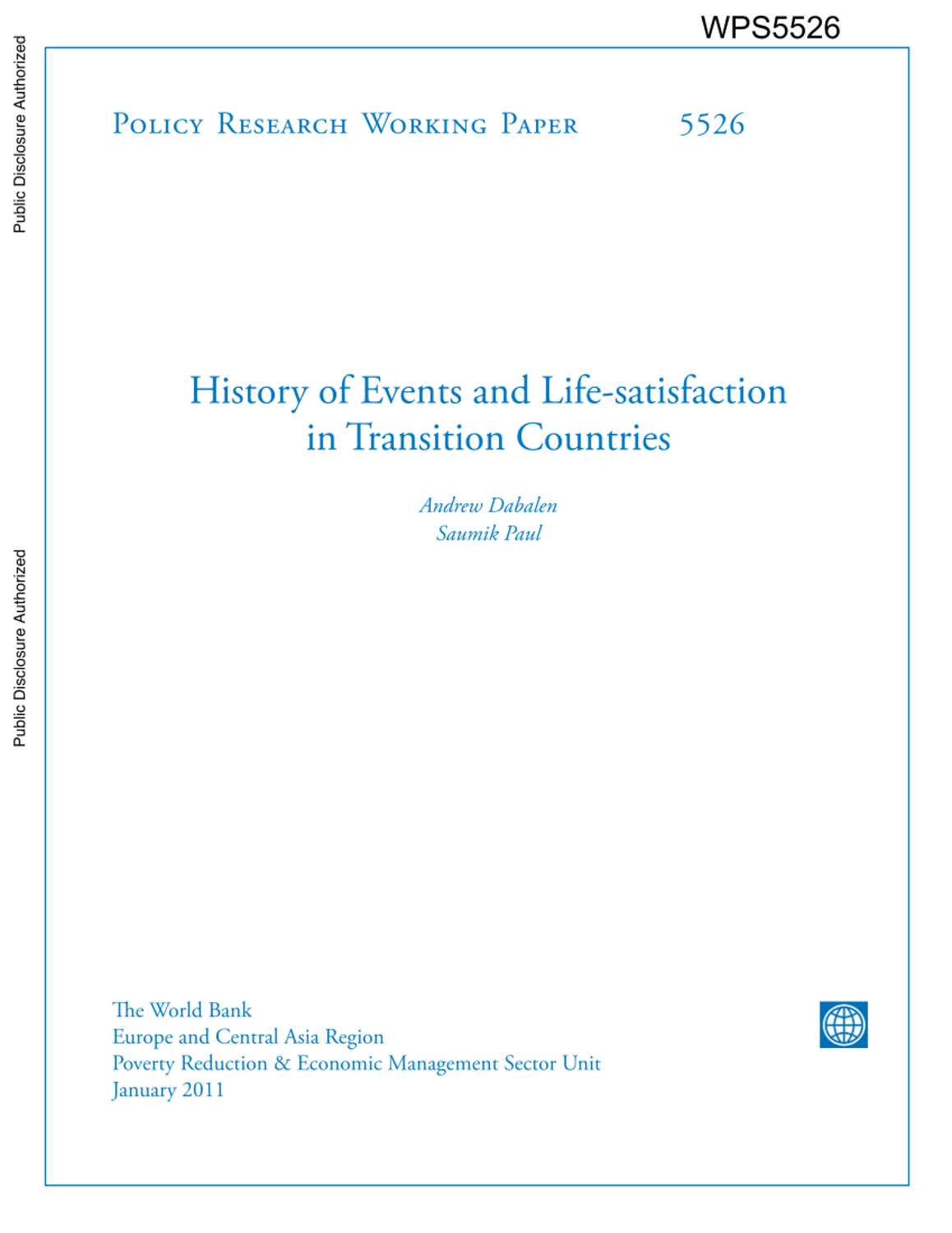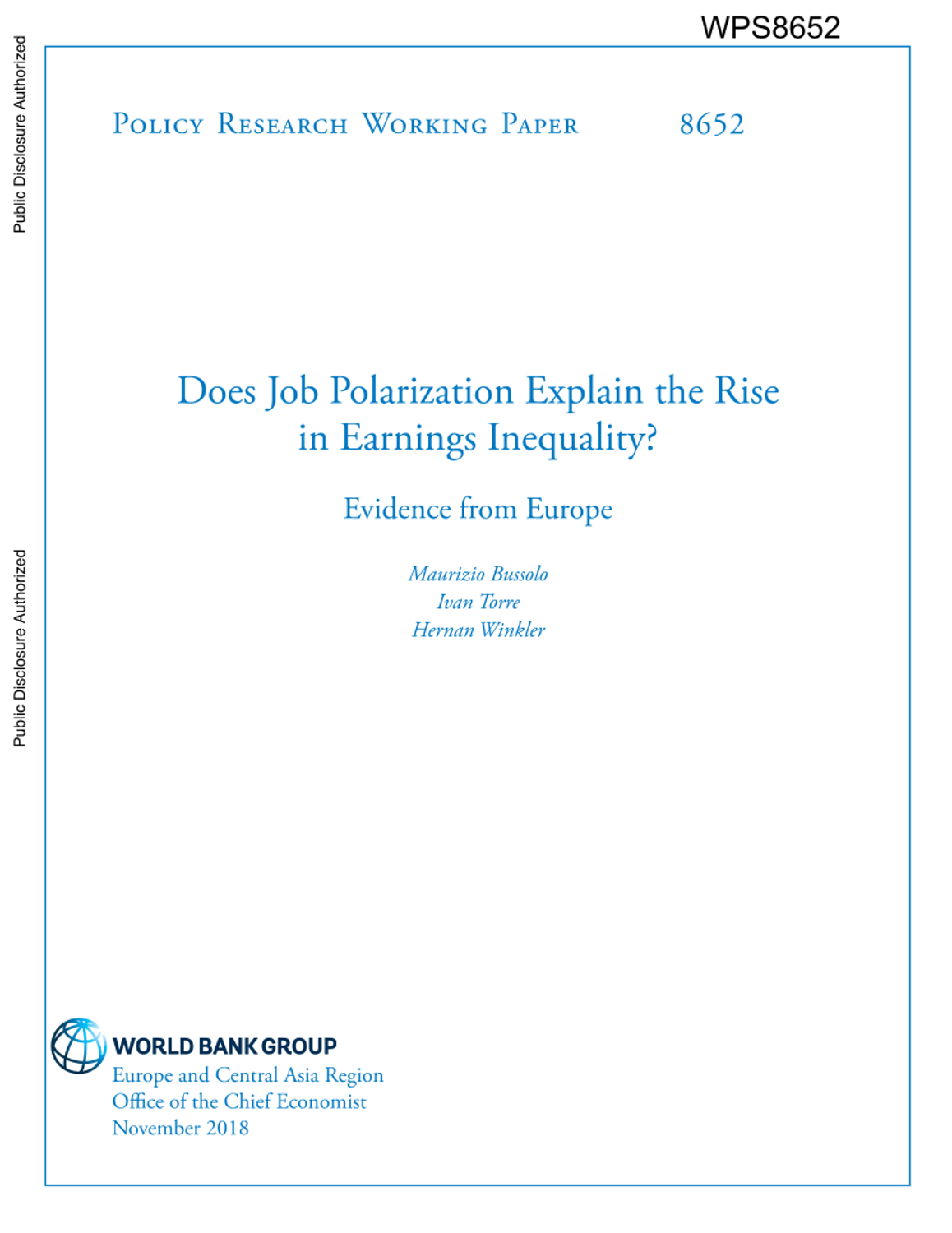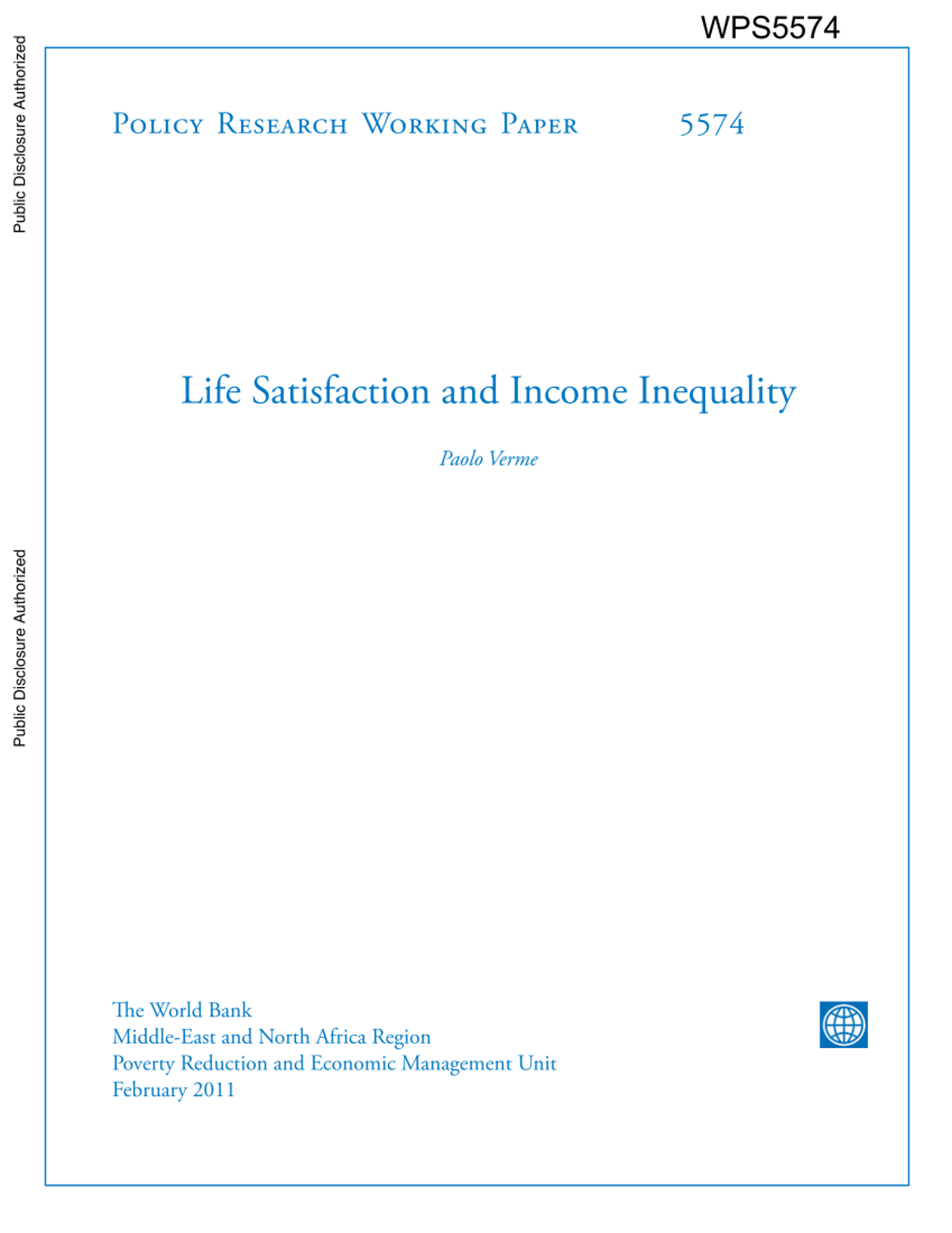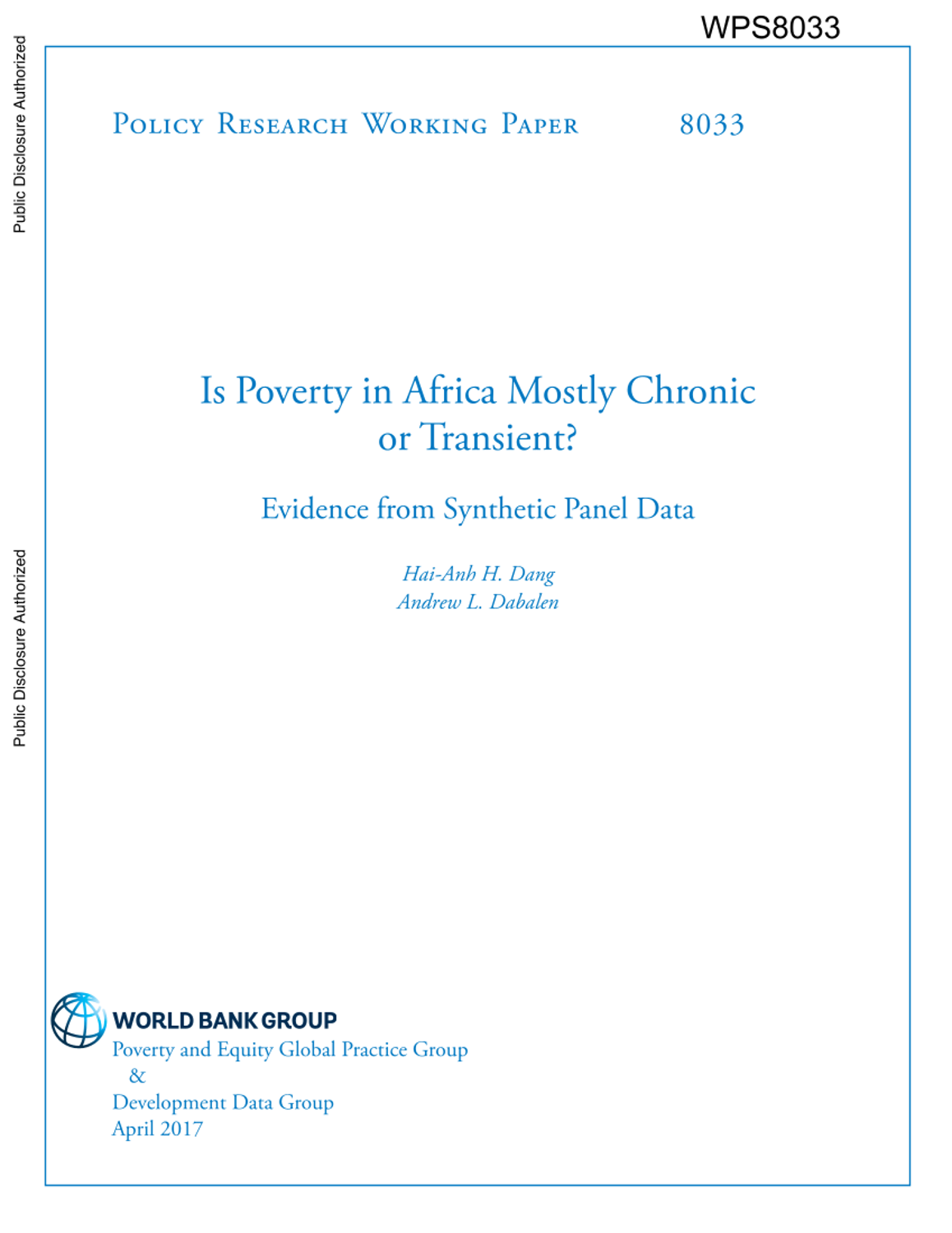단행본World Bank Policy Research Working Paper 8704
Natural resources and total factor productivity growth in developing countries: testing a new methodology
- 청구기호
- WPS 8704
- 발행사항
- United States : World Bank, 2019
- 형태사항
- 37 p. :. PDF file ;. 1.09 MB
- 분류기호
- 듀이십진분류법->WPS
소장정보
| 위치 | 등록번호 | 청구기호 / 출력 | 상태 | 반납예정일 |
|---|---|---|---|---|
이용 가능 (1) | ||||
| E0003292 | 대출가능 | - | ||
이용 가능 (1)
- 등록번호
- E0003292
- 상태/반납예정일
- 대출가능
- -
- 위치/청구기호(출력)
책 소개
Estimates of total factor productivity growth, a measure of increases in the efficiency of production, have traditionally been based on a two-factor model of labor and fixed capital. Because profits are measured residually in the System of National Accounts, they implicitly include rents on natural resource exploitation, with the result that the contribution of fixed capital to growth in the inputs to gross domestic product is misstated, particularly in resource dependent developing countries. This leads to incorrect measures of total factor productivity growth. Using data on natural resources from the World Bank's Wealth of Nations database and methods combining the Solow growth accounting model with recent work at the Organisation for Economic Co-operation and Development, this paper makes new estimates of total factor productivity growth for 74 developing countries over 1996-2014. In the aggregate, including natural resources as a factor of production increases estimated total factor productivity growth across all country income classes and regions of the world when compared with the traditional two-factor approach. In addition, the estimated total factor productivity growth including natural resources is less volatile over time in the great majority of countries compared with the traditional approach. The availability of World Bank data on natural resource quantities and rents for a wide range of countries suggests that natural resources should be included in total factor productivity growth estimation going forward. Further research could focus on the distinctive roles played by different natural resource endowments.

